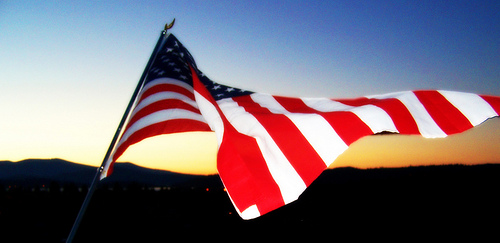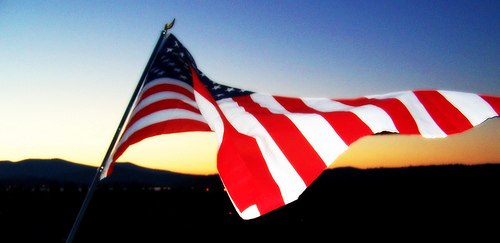The care for veterans in this country has been sorely lacking both funding and awareness in recent years. The budget crisis has many agencies feeling the need to tighten budgets, including the Department of Defense and Department of Veterans Affairs. Making the issue worse is that many Americans are unaffected by the current war. If you do not have a relative or spouse serving, then it is easy to forget about the wars, and consequently, our veterans. However, for families that have veterans and active duty members in the family, the reality is that America is letting its veterans down. Below you will find 5 ways on how America is failing veterans. Although there are a lot of issues that impact veterans, this list has tried to include the issues that affect the largest number of veterans.

5. Military Sexual Trauma
The Department of Defense estimated that in 2010 there were over 19,000 sexual assaults on active duty members. However, only a small number of these are reported each year and an even smaller amount of perpetrators face convictions for their crimes. The military has said they are trying to address the issue of sexual assault for a few years; nonetheless the number of sexual assaults has still been rising. Military Sexual Trauma causes PTSD and contributes to homelessness among veterans. Perhaps this would not be so bad if America was also dealing with the PTSD issue, but they are not as you will see below.
4. Post Traumatic Stress Disorder (PTSD)
About one in five veterans from the Iraq and Afghanistan wars will experience PTSD. PTSD can lead to violent mood swings, night terrors, and alcoholism. However, it seems to be difficult for some veterans to get treatment for their PTSD. It could be the stigma of mental illness in the military (and in civilian life) in addition to Veterans Affairs being understaffed and unprepared for so many new cases of PTSD. Americans have a duty to at least provide proper mental health services to veterans returning from the war.
3. Record Military Suicides
In 2012, the Army and the Navy saw a record number of suicides. This is nothing new; the Army also reported a record number of suicides in 2011. The Marines and Air Force were just a few deaths short of beating their own records. President Obama signed an executive order to add more funding for mental health care in the VA. While this is a step in the right direction, it may not be enough. Without proper awareness of the issue the VA may suffer more cuts as the government tries to reduce spending costs. The suicides may be related to PTSD and Military Sexual Trauma as well. In fact, all these issues are interconnected and all need to be addressed.
2. High Unemployment for Veterans
For post 9/11 veterans, the unemployment rate is higher than the national average. While the numbers seem to be declining slowly, there are still issues that need to be addressed. The biggest problem veterans face is “translating” their military skills into civilian skills. Programs have been implemented in the past few years to help find veterans work. From “Hiring Our Heroes”, which is a hiring fair, to job training programs, veterans have been getting help. However, most veterans do work that could be translated into valuable skills in the civilian workforce, so it is shameful they are experiencing unemployment at a higher rate than their civilian counterparts.
1. The VA Backlog
The time it takes for veterans to hear back on their disability claims is almost nine months! The VA has promised to lower the amount of time it takes to receive an answer. However, the backlog has not been getting better and to make matters worse, the VA has a high error rate when looking into a claim. The VA claims only a 15 percent error rate but independent research has determined an almost 38 percent error rate. This means that many veterans get denied for assistance when they actually deserve it. When they appeal, they have to wait an average of three and a half years to learn if their appeal was successful. The VA is supposed to help and protect or veterans, if they are failing to do this, then who will do this job? This is why they are number 1 on the list. Their failures are affecting hundreds of thousands of veterans and their families and it does not appear they are making the necessary changes to stop the backlog or provide proper care to our veterans.
Featured images:
- License: Creative Commons image source
Charlotte Lawson is a military historian and guest author at MilitaryEducation.org, where she contributed to the guide to the Top 10 Online Military Friendly Colleges.

